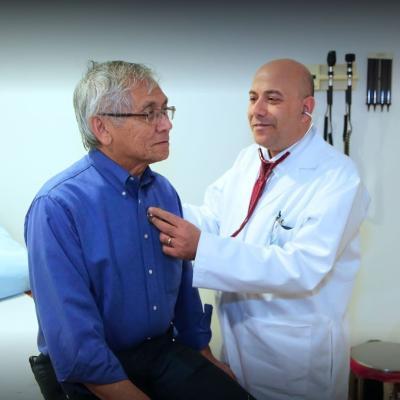Chronic disease management, and preventive care such as vaccinations and screenings.
Pediatric Care: Many FHCs have family health center specialized services for children, providing immunizations, developmental screenings, and treatment for common pediatric conditions.
Women’s Health Services: These centers often provide gynecological exams, prenatal care, family planning, and other reproductive health services.
Behavioral Health Services: Mental health care, including counseling and therapy for conditions like depression, anxiety, and substance abuse, is increasingly integrated into Family Health Centers.
Dental Care: Some FHCs offer dental services, including cleanings, fillings, and extractions, recognizing the importance of oral health in overall well-being.
Chronic Disease Management: For patients with chronic conditions such as diabetes, hypertension, or asthma, FHCs provide ongoing care and support to manage these diseases effectively.
Health Education and Prevention: These centers often conduct community outreach programs to educate the public on healthy lifestyles, disease prevention, and available healthcare services.
Accessibility and Affordability
One of the primary goals of Family Health Centers is to make healthcare accessible and affordable. These centers are often located in medically underserved areas where access to healthcare services is limited. They provide care to all individuals, regardless of their financial situation, often using a sliding fee scale based on income. This makes it possible for low-income families and uninsured individuals to receive the care they need without the burden of high medical costs.
Moreover, FHCs often serve as the medical home for patients, meaning they coordinate all aspects of a patient’s care, including specialist referrals and hospital admissions. This holistic approach helps to ensure that patients receive continuous and coordinated care, which is especially important for managing chronic conditions and preventing complications.
Community-Oriented Approach
Family Health Centers are deeply rooted in the communities they serve. They often employ staff who are members of the community, which helps to build trust and ensure that the services provided are culturally and linguistically appropriate. This community-oriented approach also allows FHCs to better understand and address the unique health needs of the population they serve.
Many FHCs also partner with local organizations, schools, and social services to address the social determinants of health, such as housing, education, and nutrition, which have a significant impact on overall health outcomes. By addressing these factors, Family Health Centers contribute to the overall well-being of the community, not just the physical health of individuals.
Challenges and Importance
Despite their critical role in the healthcare system, Family Health Centers face several challenges. Funding is a constant concern, as these centers rely heavily on government grants and reimbursements from insurance providers. The demand for services often exceeds the resources available, leading to long wait times and sometimes limited availability of certain services.
Workforce shortages, particularly in rural and underserved areas, also pose a challenge for FHCs. Recruiting and retaining healthcare providers who are willing to work in these settings can be difficult, which can impact the quality and continuity of care.
However, the importance of Family Health Centers cannot be overstated. They provide essential healthcare services to millions of Americans, particularly those who are vulnerable and underserved. By offering a wide range of services, focusing on prevention and chronic disease management, and being deeply embedded in the community, FHCs play a critical role in improving health outcomes and reducing healthcare disparities.

